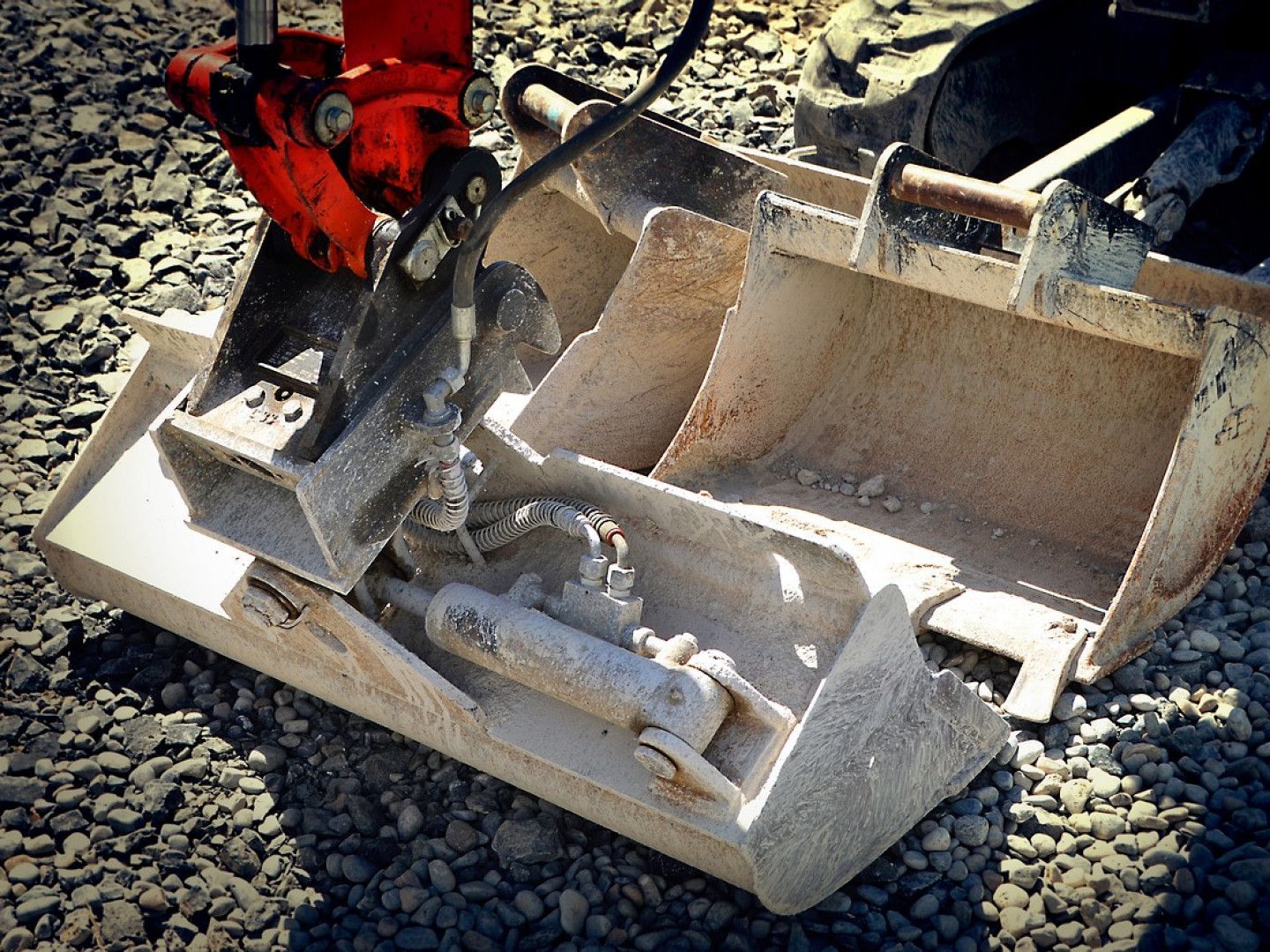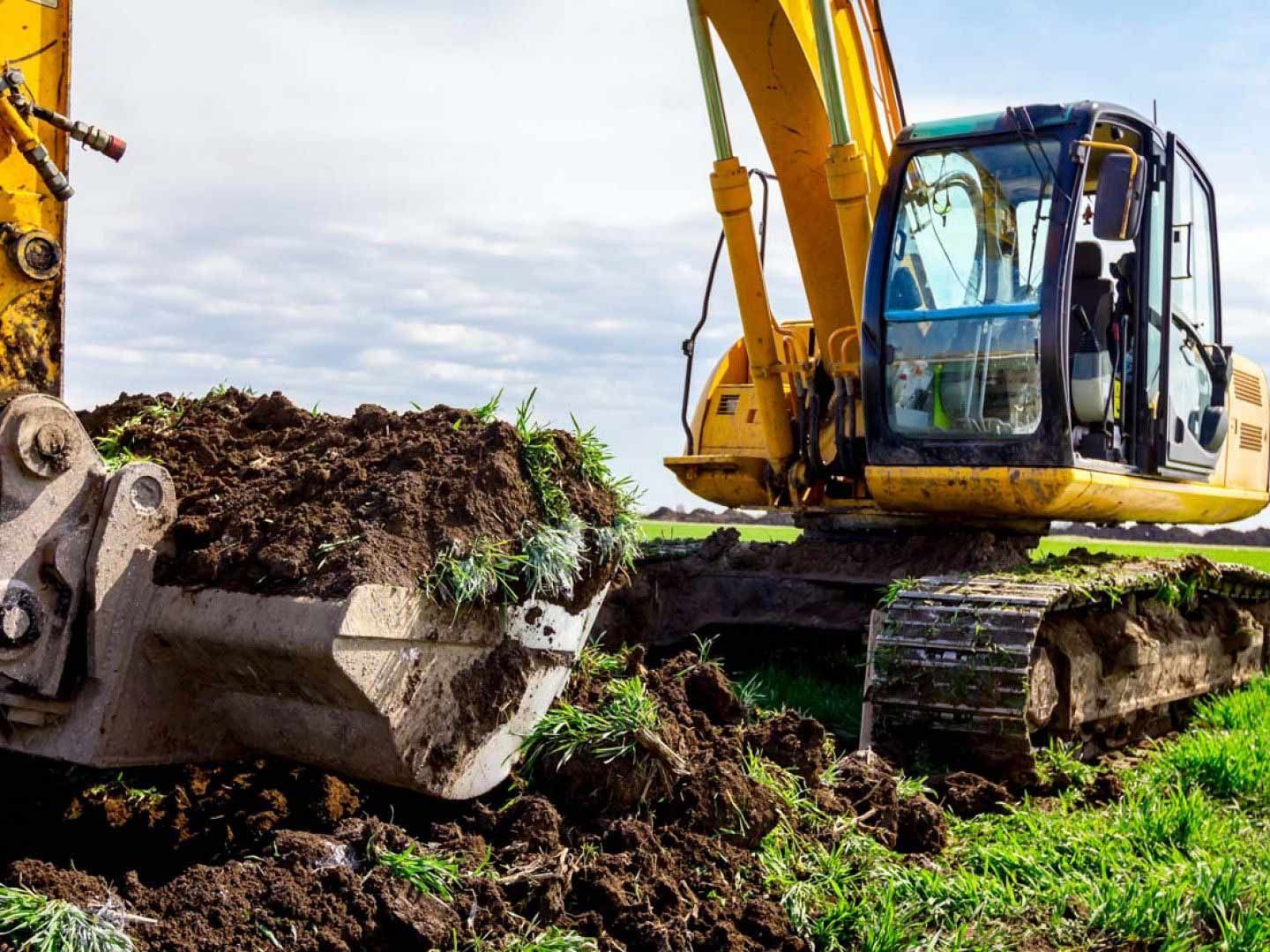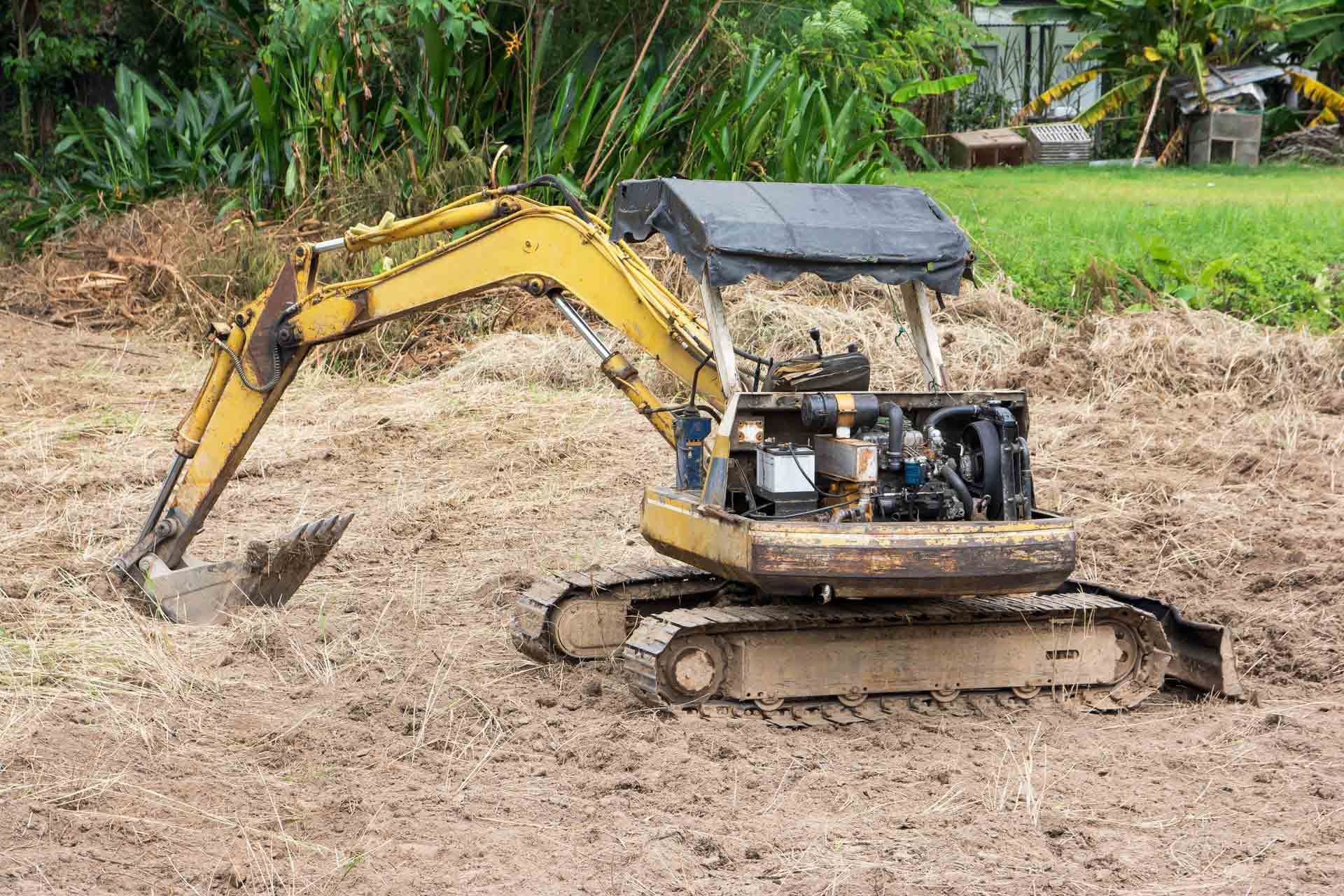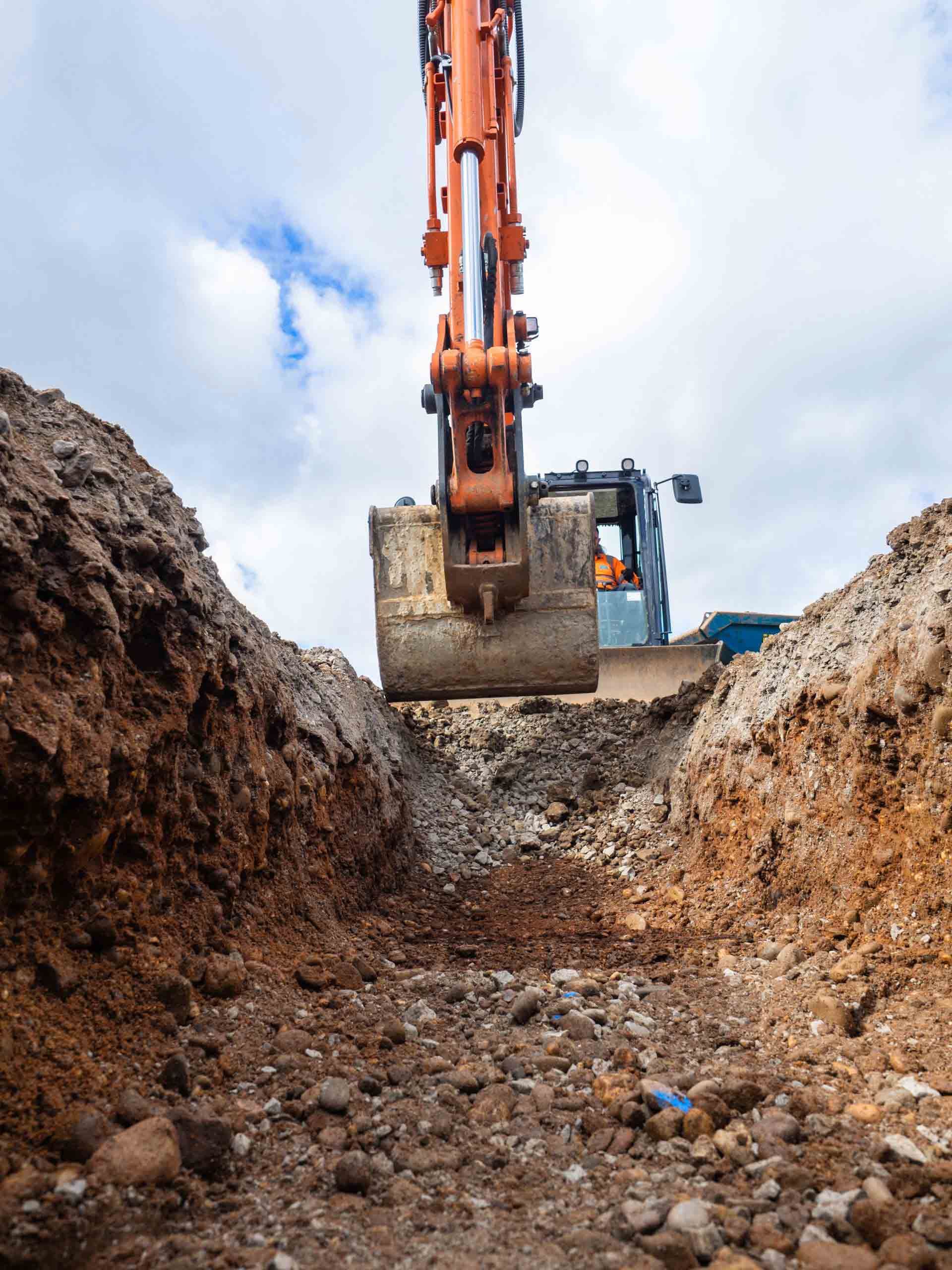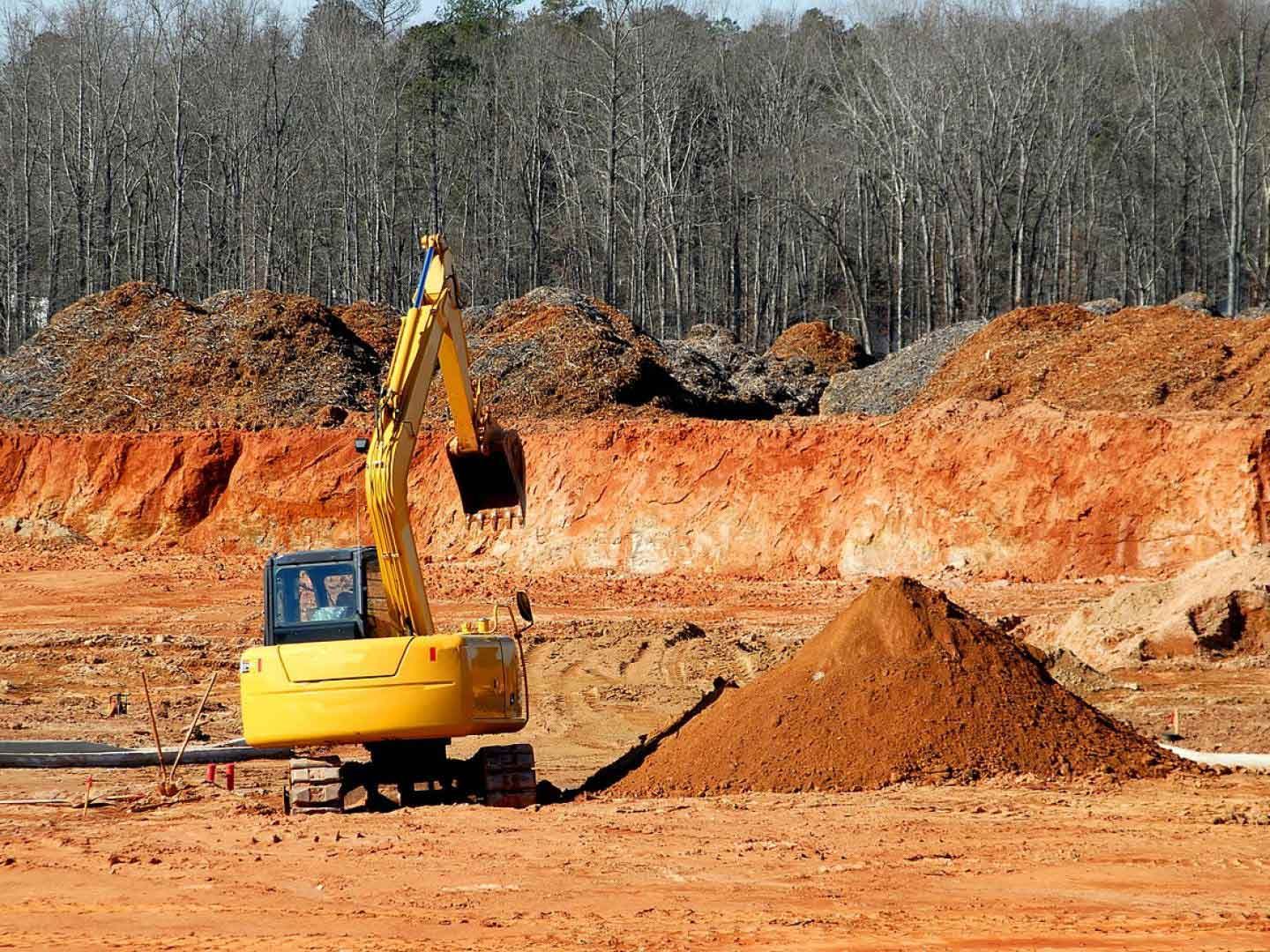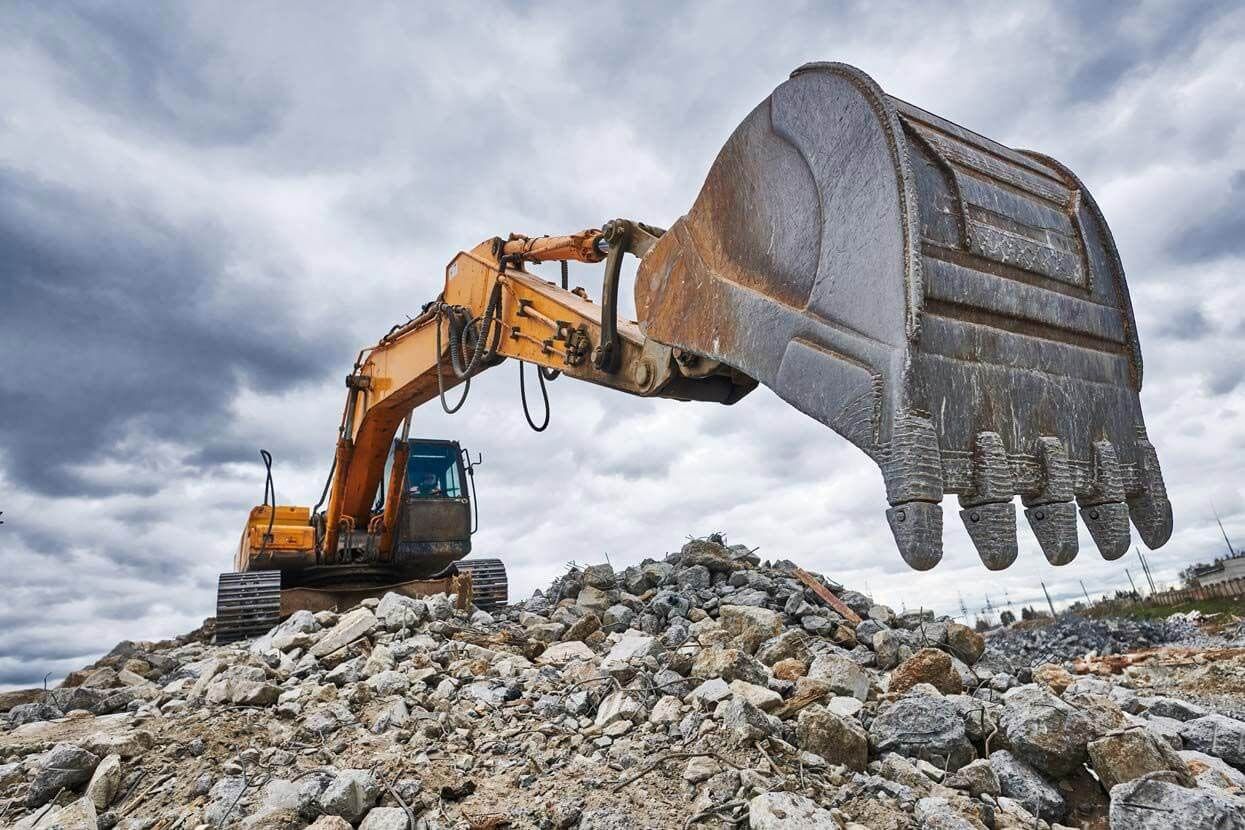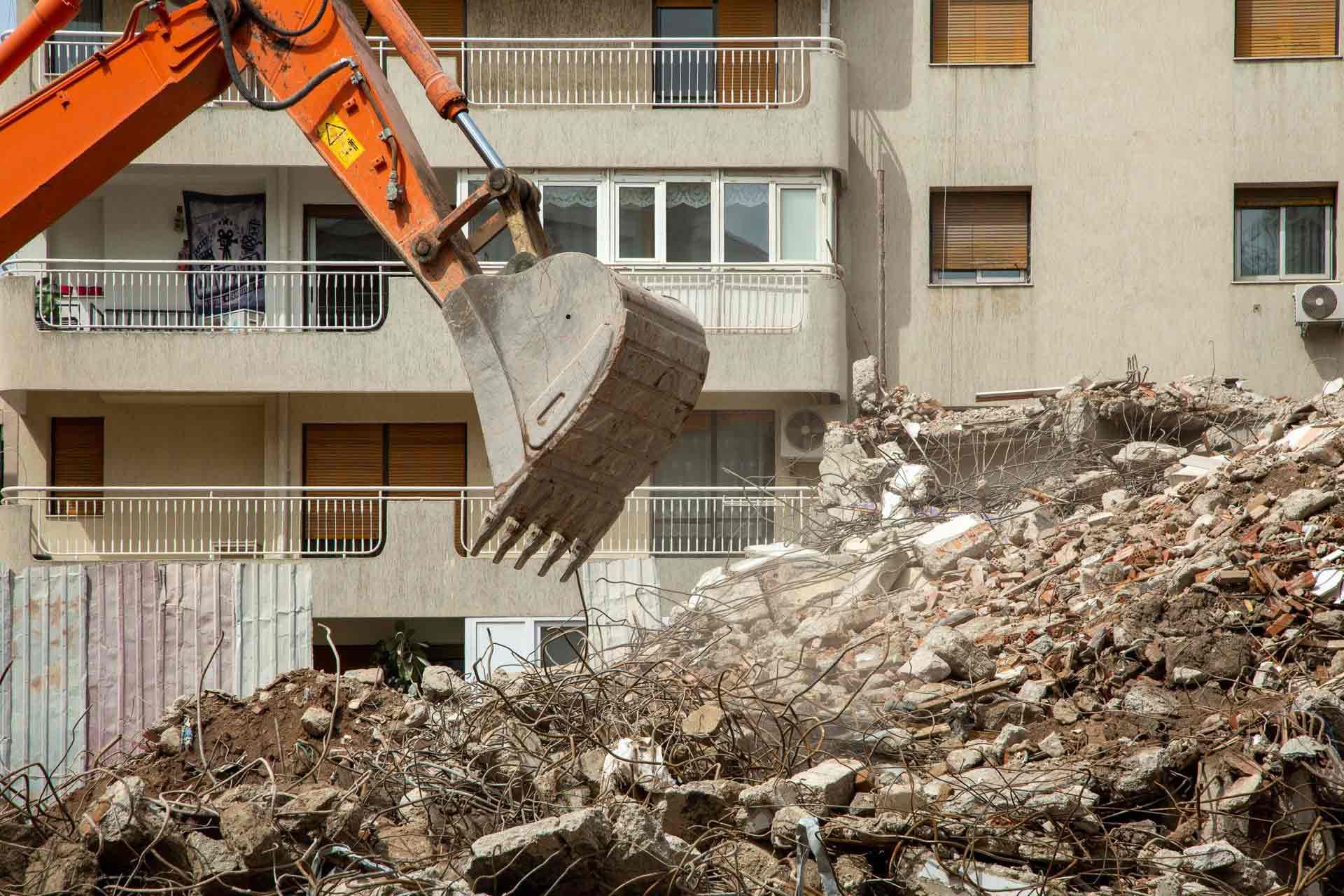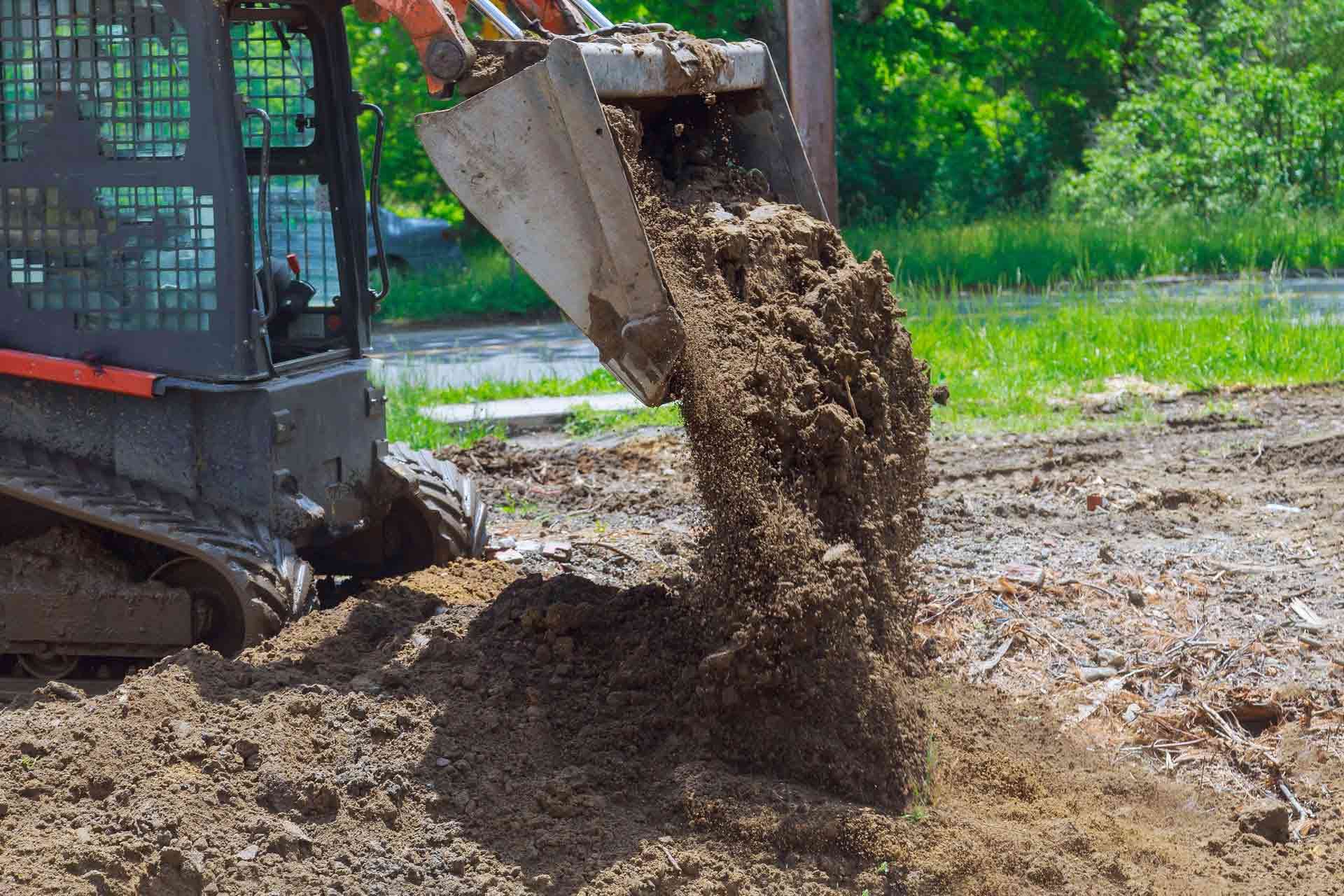Understanding Commercial Demolition Cost: What You Need to Know
Alright, let's tackle the big question on the minds of business owners and property developers: what’s the deal with commercial demolition costs? Understanding what influences these costs is super important. It helps you plan your project smartly and prevents any nasty surprises later on. In this guide, we're going to break down all the important stuff you need to know about the costs of demolitions.
First things first, what exactly is commercial demolition? It’s not just smashing things down.
Commercial demolition is about taking apart or wrecking structures like office buildings, warehouses, factories, and retail stores. It’s not a simple job, it involves lots of different methods, and the cost depends on many factors.
Factors Influencing Commercial Demolition Costs
Now, let's explore the factors that play a pivotal role in determining the cost of commercial demolition.
Size and Type of the Building
The size and type of the building are fundamental factors in determining demolition costs. A larger structure will require more time and resources to demolish than a smaller one. The type of building also matters - demolishing a simple, one-story structure is generally less expensive than taking down a multi-story building with complex architectural features.
Demolition Method
There are different methods for commercial demolition, each with its own cost implications. The two primary methods are implosion and deconstruction. Implosion, where the building is brought down using explosives, is a faster method but can be more expensive due to safety measures and cleanup required. Deconstruction, which involves manually taking apart the building, can be more time-consuming but may be more cost-effective for salvaging materials.
Hazardous Materials
The presence of hazardous materials, such as asbestos, lead, or other toxic substances, can significantly impact the cost. Safely removing and disposing of these materials is a highly regulated and costly process, but it's essential for the health and safety of everyone involved.
Site Accessibility
The ease of access to the demolition site can affect costs. A site with limited access may require special equipment or additional labor, which can drive up expenses.
Salvage Value
Consider the salvage value of materials in your building. If you plan to salvage and resell materials like metals, wood, or architectural elements, this can offset some of the demolition costs.
Estimating Commercial Demolition Costs
Now that we've explored the factors influencing demolition costs, let's discuss how to estimate the cost for your specific project.
- Request Multiple Quotes: It's crucial to obtain quotes from multiple demolition contractors. Be sure to provide them with detailed information about your project, including the size of the building, the presence of hazardous materials, and any other relevant details. This will help you get a more accurate estimate.
- Consider a Cost-Plus Contract: A cost-plus contract can be a more transparent option. With this arrangement, the contractor bills you for the actual expenses incurred during the project, plus an agreed-upon profit margin. This can be a good choice when the project has uncertain elements that make it difficult to provide a fixed price upfront.
- Budget for Contingencies:
Commercial demolition projects can encounter unforeseen challenges. It's wise to set aside a contingency fund to cover unexpected expenses. Typically, a contingency of 10-15% of the estimated cost is a good rule of thumb.
Cost-Saving Tips
Now that you have a better understanding of commercial demolition costs, here are some cost-saving tips to help you manage your budget effectively.
- Salvage and Reuse: As mentioned earlier, consider salvaging materials that have resale value. This can offset some of the demolition costs and reduce waste.
- Efficient Deconstruction: If the building isn't suitable for implosion, consider efficient deconstruction methods. This can save on cleanup and reduce the need for expensive explosives.
- Recycling: Opt for recycling wherever possible. Recycling materials like concrete, steel, and wood can not only reduce disposal costs but also benefit the environment.
- Careful Planning: Thoroughly plan your demolition project to avoid costly delays and unexpected expenses. Ensure that all necessary permits are obtained, utilities disconnected, and hazardous materials properly handled before the demolition begins.
To Sum It All Up
Knowing what affects demolition costs is a must for anyone looking to tackle such a project. These costs can fluctuate depending on factors like building size, demolition method, hazardous materials, and site-specific issues.
For an accurate project estimate, make sure to gather quotes from multiple contractors and consider the cost-saving tips we've mentioned. Don't forget to budget for permits, labor, equipment, waste disposal, and a contingency fund.
Demolition jobs can be complex, but good planning and a clear grasp of the expenses involved will help you navigate your commercial demolition while keeping your budget in check. Whether you're rejuvenating a city area, repurposing a structure, or starting from scratch with a new building, managing the commercial demolition cost is crucial. Remember, for
top-notch demolition services, don't forget to reach out to Braka Superior Services.

